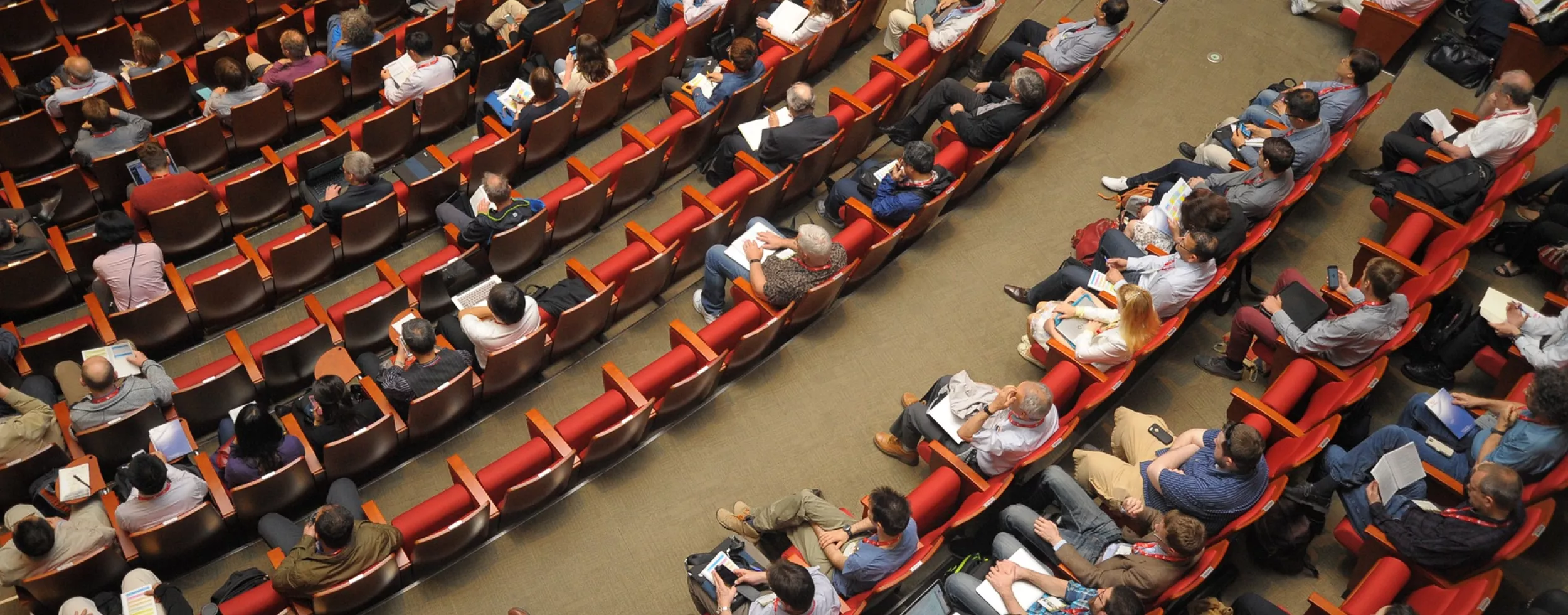
Förderjahr 2020 / Stipendien Call #15 / ProjektID: 5023 / Projekt: Sabotage in crowdsourcing
In this blog post, I will describe the application process for an academic conference, and explain what it feels like to attend as a PhD student.
First, it is important to mention that the application process for each conference is different and that it can be quite competitive to be invited as a presenter. Usually, researchers interested to attend must apply by submitting a research paper a couple of months before the conference takes place. The submissions get peer-reviewed, and only the authors of accepted papers are invited to talk about their research at the conference. In June 2021, I was invited to present my research on sabotage in crowdsourcing at the International Open und User Innovation Conference.
The International Open and User Innovation (OUI) Conference is the leading academic conference on user innovation and open innovation, two closely related paradigms that have changed our thinking about innovation and creativity in the last decades. The conference takes place on a yearly basis and was organized by the Institute for Technology & Innovation Management at RWTH Aachen this year. Since 2002, the OUI Conference brings together about 300 researchers from around the world to exchange recent research in open innovation, user innovation, open source/open hardware, collaborative innovation, citizen/free innovation, open innovation policies, and related topics. To be more specific, this year 295 participants from 24 countries attended the conference and 104 academic papers were presented in 23 paper sessions across 10 tracks.
This year’s conference tracks included:
- Open Social Innovation: Healthcare, Sustainability, and Societal Challenges;
- Open and User Innovation Platforms;
- Lead users, Toolkits, and User Identification;
- Firms‘ Capabilities and Interaction for Open and User Innovation;
- Crowdsourcing and Distributed Problem Solving;
- Crowdfunding and User Entrepreneurship;
- Institutions, Innovation Law, and Policy;
- Open Software, Open Hardware, and Makers;
- Diffusion of Open and User Innovation;
- The Internet of Production: Industry 4.0, User Process Innovation, and Data Ecosystems
The list of attendees includes leading academics like Eric von Hippel (Massachusetts Institute of Technology) or Karim Lakhani (Harvard Business School). Since the OUI conference has just a couple hundred attendees, even young researchers like me get the chance to meet such high caliber researchers, discuss my research ideas and to receive valuable inputs. This is one of the key advantages of academic conferences since it helps to anticipate potential loopholes in your argumentation and to identify weaknesses in your research design. Another important aspect is the knowledge transfer, which is crucial within sciences because new research should always build upon already existing knowledge.
Unfortunately, this year’s conference had to take place online due to corona measures. While it still provides a platform for knowledge sharing and feedback, the networking aspect of conferences suffers a little bit. At the end of two intensive days full of academic presentations, the location of next year’s OUI conference was revealed: ETH Zurich!
I am happy having been accepted to the OUI conference and I am looking forward to next year’s conference, where I will hopefully also be able to discuss the results of my research project.





